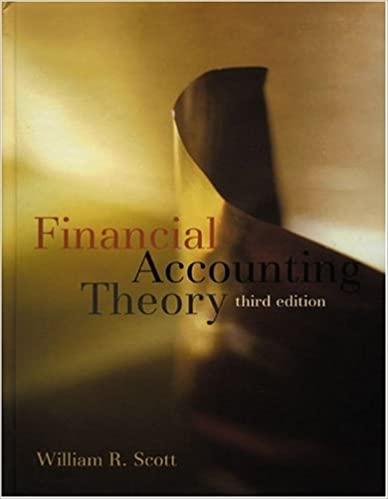Question
State Tax: Corporate Income Tax Scenario: Joe Smith, who owns 100% of Corporation X (a C corporation), has decided to Corporation X acquire all the
State Tax: Corporate Income Tax
Scenario: Joe Smith, who owns 100% of Corporation X (a C corporation), has decided to Corporation X acquire all the stock of Corporation Y (a C Corporation). The selling parent of Y is amenable to characterize the sale as a qualified stock purchase and so Joe intends to have Corporation X make a joint I.R.C. 338(h)(10) election. Corporation X headquartered in California and currently provides consulting services to customers in in California, New York, and Pennsylvania. Corporation Y is a provider of information services that is related to Corporation Xs industry, but Joe intends to have it operate independently, for now, from its location in D.C. Corporation Ys customers, who access its services online, are located throughout the country. He knows that there are going to be decisions to be made on how it may affect apportionment of the income in those states and whether those states comply with the federal provisions.
Questions:
- If the transaction is characterized as a qualified stock purchase for federal tax purchases, how will it be characterized for state tax purposes?
- Will either corporation be required to make a separate state 338(h)(10) election?
- How will Corporation Y (target) be required to treat the gain recognized from the deemed sale of its assets for state tax purposes?
Step by Step Solution
There are 3 Steps involved in it
Step: 1

Get Instant Access to Expert-Tailored Solutions
See step-by-step solutions with expert insights and AI powered tools for academic success
Step: 2

Step: 3

Ace Your Homework with AI
Get the answers you need in no time with our AI-driven, step-by-step assistance
Get Started


